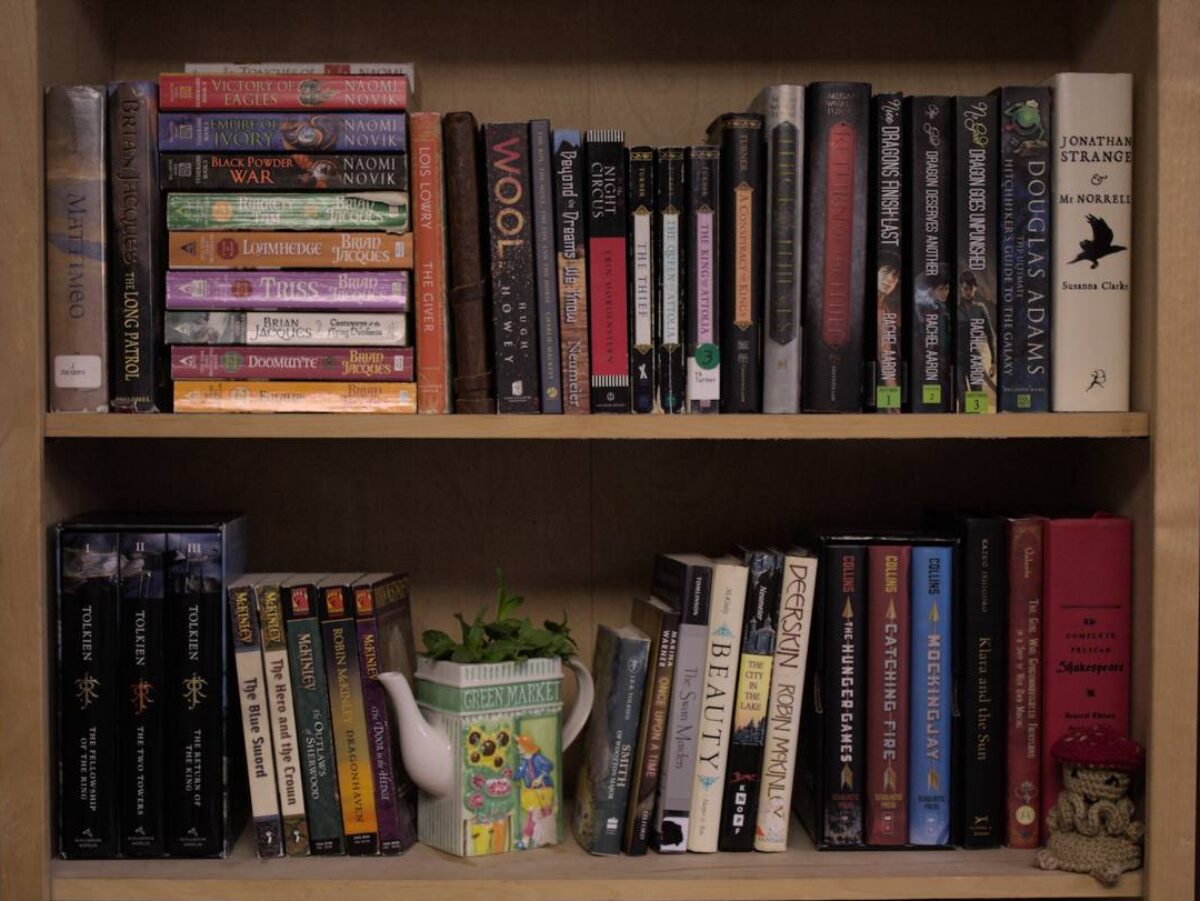God-touched Cassandra is too far removed from the human race. She watches the Furies flock like birds of prey, whirl like the winds of war, circle the house like a hurricane – and there is nothing she can do. She is burning up with that touch of divinity. She sees the past in ghastly shades, the children’s blood crying out from the ground; she sees the present in vivid hue, her own blood splashed across the altar, the bestial horror of Clytemnestra’s hunger tearing like a dog at the carcass of her lord; she sees the future not so far away, the young man bringing anger and justice. Cassandra, Cassandra, you see too much. The very power has set you, dream-like, just outside the mortal veil. You couldn’t walk away from that altar, from that future, from the death you already felt – the last mortal thing left for you to do.
